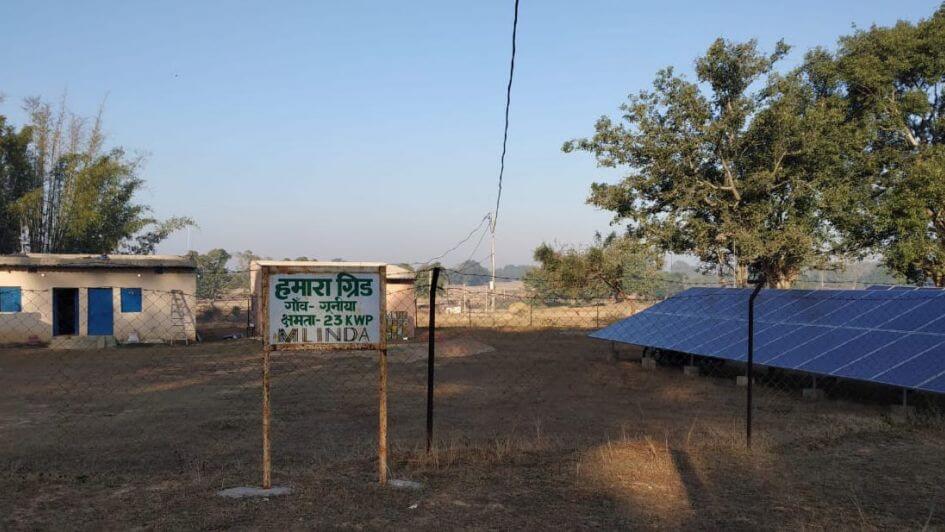New data shows that private sector mini-grid companies are delivering significant impact to last-mile communities in India, while state grids continue to struggle to address their financial woes and under-serve rural communities. This outperformance of state grids by mini-grids is despite the fact that a national policy was drafted in 2016 to support mini-grids but was never approved.
According to a new assessment of 9 villages in Jharkhand State powered by renewable energy mini-grids built and operated by Mlinda, immediate results from the installations included:
- CO2 emissions per annum in the area went down by 43%
- Energy efficiency of GDP went up by 87%
- Household incomes went up by 23%
- Village GDP went up by 7.3%
- Annual revenues of village enterprises went up by 28%
Meanwhile, a more comprehensive report released recently by Smart Power India further reinforced the value of mini-grids, showing that customer satisfaction with private mini-grids was considerably higher than for state-run grids.
Two of every five rural consumers in India are unsatisfied with service from state-run power utilities and millions remain without electricity despite declarations of 100% household access, according to SPI. In addition, more than one-third of small rural businesses remain without grid electricity. Private mini-grids, meanwhile, had a higher rate of customer satisfaction, suggesting that high-quality, reliable, and customized electricity service can help improve customer satisfaction. More than 80% of mini-grid users are satisfied or very satisfied with their connections.
Amid these clear signs that business-as-usual utility models for rural customers in India isn’t working, media also reported this week that state-run distribution companies (DISCOMs) are once again failing, with financial losses up 4.4% year-on-year at the end of FY19, reversing a declining trend since a DISCOM reform program called UDAY was launched in November 2015. Technical and commercial losses also remain much higher than planned, while DISCOMs lost 25 paise on every unit of electricity sold, when that number should be at zero under UDAY.
New alternatives are needed, whether it is greater adoption of distribution franchising to the private sector, or enacting the 2016 mini-grid policy and providing the private energy service companies the regulatory and policy certainty they need in India to access cheaper, long-term capital.
Coming just 6 months after UDAY was started, the mini-grid policy if enacted could have made a significant contribution to DISCOM financial health, while also delivering reliable, quality power to hundreds of millions of rural Indians who require energy access to grow their livelihoods.
